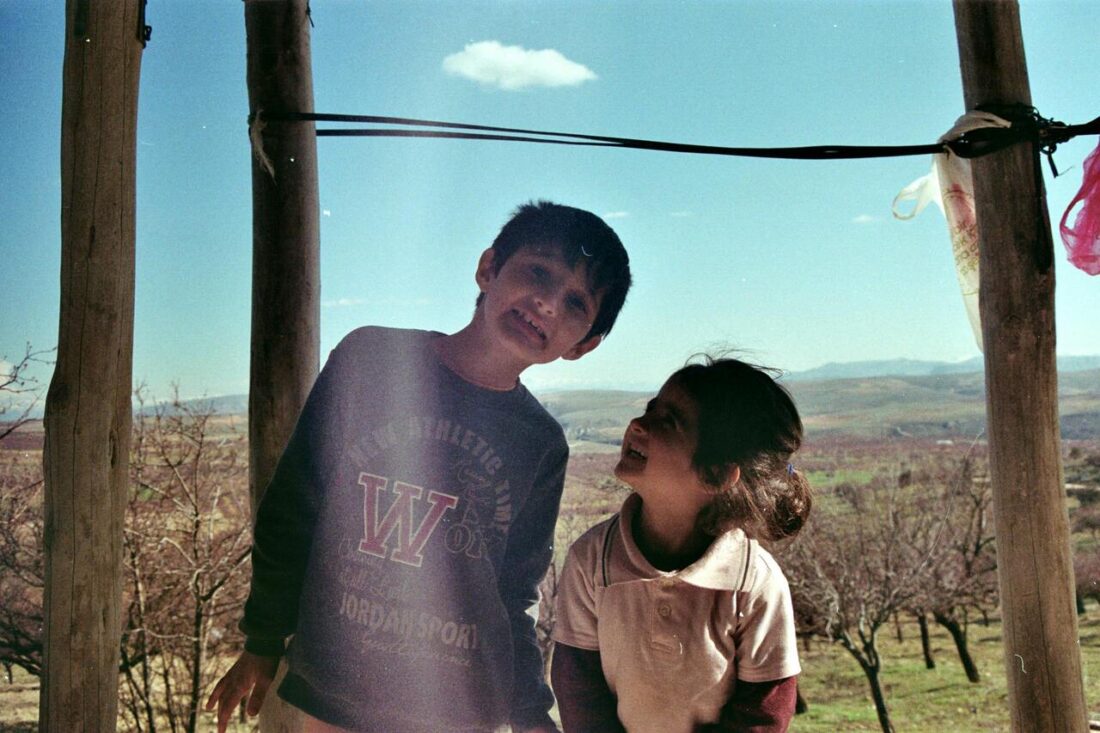We often say it’s good to be out in nature, particularly for kids, but what does it really mean?
When it comes to the sensory experience, which is known for being important to a child’s cognitive development, there are two elements to it. The first is what nature offers, but the second is escaping the alternative.

Indoor stimuli are both predictable and overbearing. Nature is far more gentle yet diverse, with many more textures, sights, and smells. This rich sensory input triggers the release of beneficial neurochemicals, including dopamine, without artificially bombarding them like with iPads.
This has been linked with higher IQ in children, and it’s not like it takes extreme nature to achieve. Those in the UK, for example, are never further than an hour drive from a forest or national park. There are many long walks along the coastline, but you don’t need to change it up that often, because the nature changes for you.
Outdoor vacations
Making those daily habit changes is important, but some of us need to wait until we have time off work to really immerse. Vacation is the best time to do this because the parents are mentally switched off, with greater focus and attention on their children.
While the US has more than its fair share of National Parks and trails, a vacation to Europe can be perfect for diversity of environments. When booking a walking holiday in Croatia with Orbis Ways, for example, it’s possible to see the Mediterranean, the sand, the Dalmatian coast and its rock formations, but also the freshness of the vineyards and crops. And, if that wasn’t enough, you end up in the historic center of Dubrovnik for some history and culture – there’s everything packed into a week.
Of course, walking the Camino Frances and other routes are equally good options, just as Yellowstone and Zion National Park are. But going somewhere out of the way, far from home, can add to the immersion. Kids will learn about new climates, insects, flowers, all while lowering their stress and boosting vitamin D.
Plus, motor skills are improved when exerting difficult walks along rocky terrain, and the key here, again, is diversity and new experiences.
A respect for the environment
It’s worth exploring how scary and unpredictable nature can be at times, and it’s good for children to respect that early on. Not only to keep them safe in the future (e.g., seeing the disturbingly aggressive waves that some west coast beaches provide), but also to learn general survival skills.
There is an emotional depth that can be encouraged when navigating their own path, too, or following a trail. Orienteering skills, family bonding, and becoming knowledgeable about the “real world” are all part of the fun. At best, it may inspire them to want to work in conservation or helping the world. At worst, they will have restored a brain chemistry balance away from the computer that understands the importance of overcoming challenges – like summiting a small mountain to then be rewarded with a view they won’t forget.



